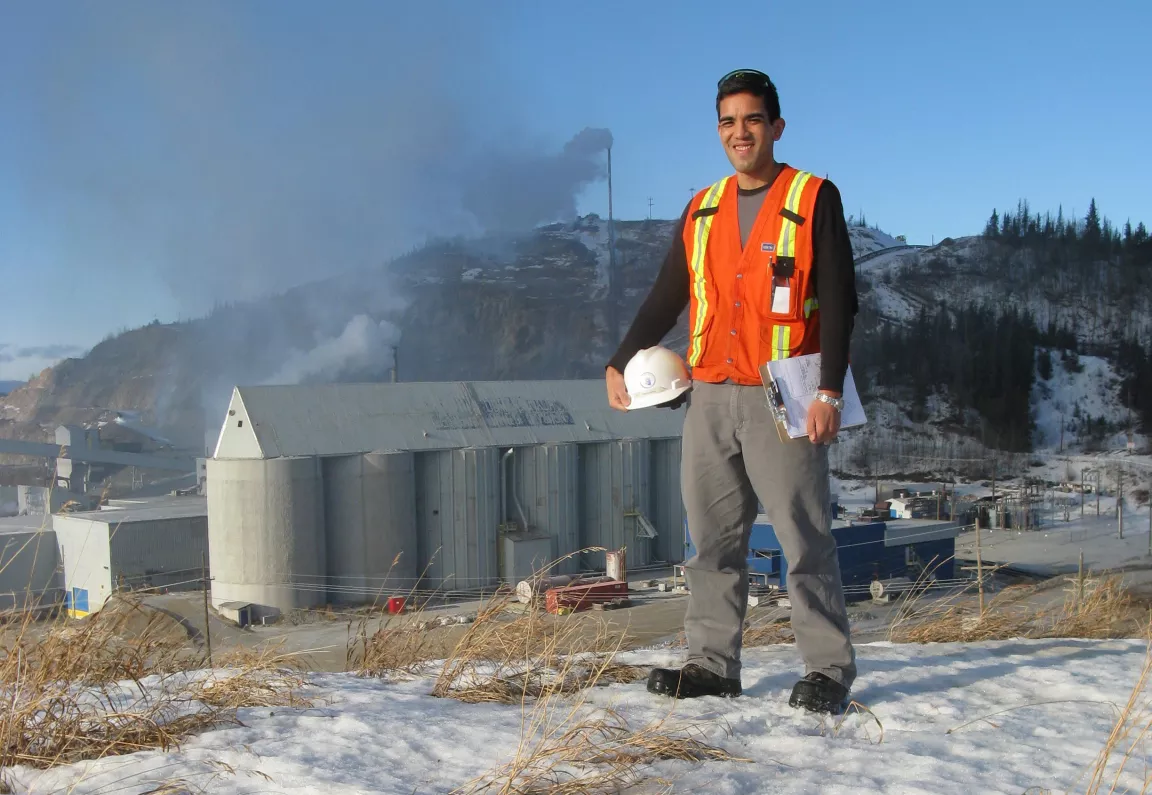Government to Fund Engineering Programs for Students in Prince George

PRINCE GEORGE – Students can look forward to the addition of hundreds of tech-related seats in engineering coming to Prince George, providing more educational and training opportunities needed for 21st-century jobs.
The provincial funding is a historic investment for residents of northern British Columbia, who were previously unable to complete their entire undergraduate engineering program in their region.
“Our government is opening the doors of opportunity to students in Prince George who want to pursue an exciting career in the rapidly growing tech sector,” said Melanie Mark, Minister of Advanced Education, Skills and Training. “The addition of these engineering programs in the North means local students will soon be able to study and obtain good-paying jobs close to home – strengthening individuals, families and communities throughout the North.”
The University of Northern British Columbia (UNBC) will receive $400,000 of startup funding in 2017-18 for new civil and environmental engineering degree programs. This funding will ramp up to support a total of 280 spaces by 2022-23, with 70 graduates per year expected by 2023.
“These new engineering programs will bring tremendous value to the North, while strengthening UNBC’s presence in the science, technology, engineering and mathematics fields,” said Daniel Weeks, president of UNBC. “We know that when we train students in the North, they stay in the North, further enhancing our capacity as knowledge leaders, while helping spur tremendous economic activity and collaboration with other post-secondary institutions. Students, industry and communities across the North have been asking for, and working towards, a full engineering-degree program for a considerable time and we are finally able to provide it, which is reason for celebration in northern B.C. and around the province.”
The College of New Caledonia (CNC) will receive $250,000 in 2017-18 to develop a new civil engineering technologist program. The program will support a total of 50 spaces by 2021-22, and is expected to produce 25 graduates per year by 2022. This will be the first engineering technologist program in B.C. to be offered north of Kamloops.
“We are thrilled to receive this funding for the new technologist program, thanks to the B.C. government,” said Henry Reiser, president of CNC. “This program will play a crucial role in filling the talent gap for technologist jobs in the North.”
Of the 83,400 job openings in tech-related fields in the next decade, 2,200 are expected to be in northern B.C. This provides opportunities closer to home for graduates of the new tech
programs at UNBC and CNC, should they choose to stay.
“Engineering and tech-related careers are the stable, well-paying jobs of the future,” said Will Cadell, board chair of Innovation Central Society and Sparkgeo.com CEO. “We need access to a talent pool which can support the growth of our tech sector. Training and educating tech talent here in the North is critical to ensuring that employers can continue to grow with the support of homegrown talent. Additionally, tech professionals have the potential to work remotely,
increasing work-life balance options in the North.”
These spaces are part of the investment in approximately 2,900 additional seats in tech programs at colleges, universities and institutes throughout the province. Total startup funding this year is $4.4 million and is expected to increase to $42 million by 2023.
Quick Facts:
- About 83,400 tech-related job openings in B.C. are expected by 2027. Of those, 2,200 will be in northern B.C. - jobs like computer programmers, information system analysts and civil engineers.
- The tech sector in B.C. is one of the fastest-growing sectors of the economy, generating approximately $29 billion in revenue and providing 106,000 good-paying jobs. It is home to more than 10,200 businesses.
- Tech-sector workers earn weekly average salaries almost 85% higher than the average wage in B.C.
- Post-secondary institutions in B.C. award more than 10,000 credentials annually in programs that support the tech sector: science, technology, engineering and mathematics.
Learn more about the provincial government's investment in tech-related post-secondary education.